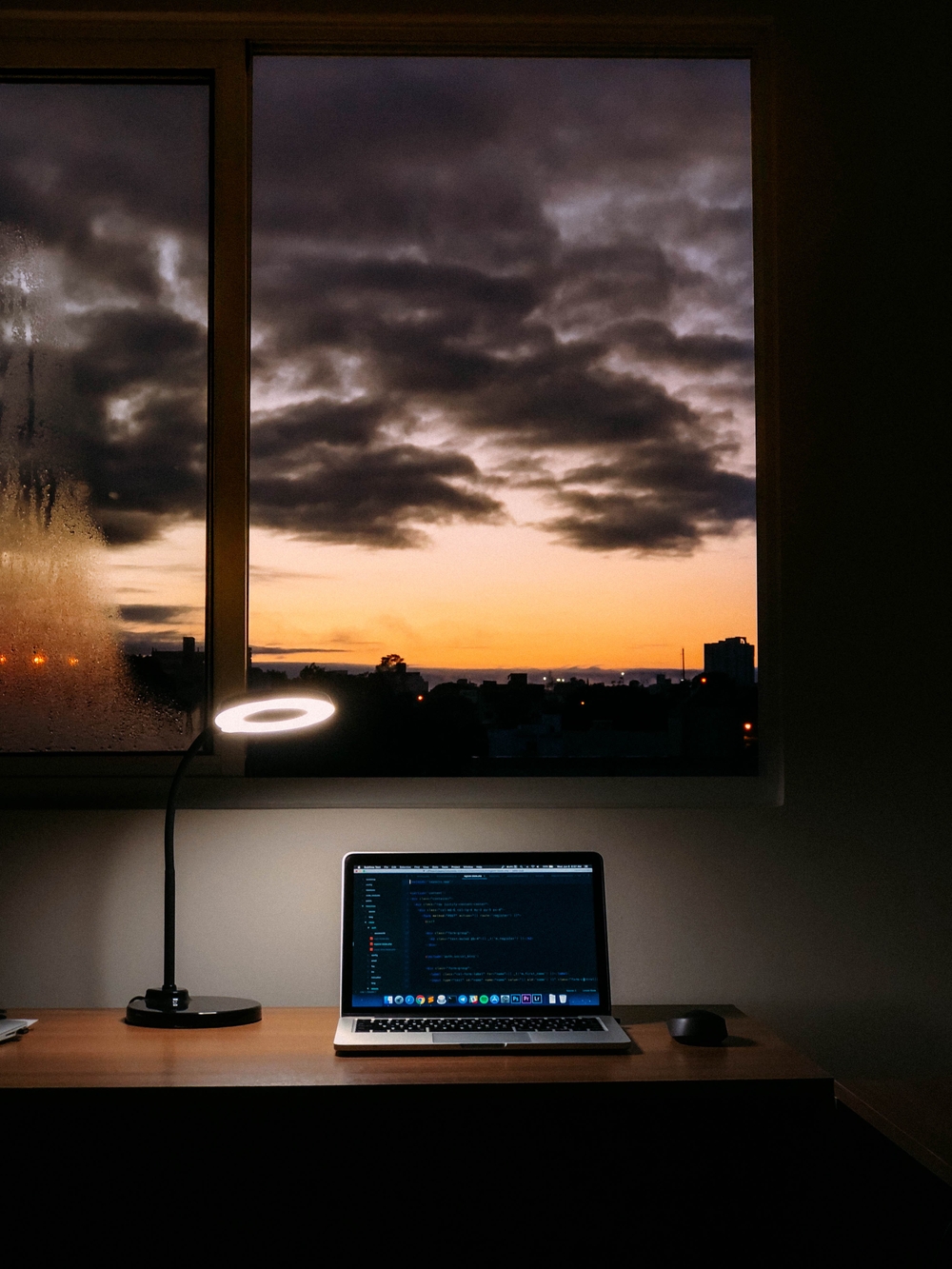Published
- 5 min read
Working From Home Or Just Remotely? Do It The Safest Way Possible

During pandemic leave, day-long coffee breaks or just an unexpected homestay you should not just worry about your health metrics but also the security of your personal data. When you are secured, your employer’s network is also less susceptible to cyber threats of any kind. Here are some tips to keep in mind while using non-corporate networks:
Connect Only To Secured Wi-Fi Networks
Don’t rush it. Take your time picking the correct network in the list of available network. It’s a easy to bump into so called Wi-Phishing when bad guys try to trick you into logging into the wrong network with a similar name to get to your private data. Always check what you pick, even when the list of networks is long. Ones with the stronger signal can imitate less popular but legitimate access points.
Always check for HTTPS. The unencrypted connection or just HTTP is not a big deal while using a desktop computer powered by an anti-virus, but for a mobile device the lack of this security protocol can be critical. For logging-in use only HTTPS-websites to protect your private info. HTTPS indication guarantees no security of the site in general, it can still do harm to you and your data but your connection is protected and not being shared to anyone.

Don’t say too much about you. Most of Wi-Fi access points need some personal details from you, e.g. a phone number, an email, your home address etc. If you have no alternatives and this very network is crucial, use your secondary email address. Think twice if you are asked to fill in too much info in the log-in form. Sign up for as few public networks as possible.
Use VPN. You can continue to use a virtual private network to break location restrictions online but don’t forget about it when you really need this technology. VPN is not just about encrypting your traffic to avoid your ISP or state attention but mostly about security. A corporate or truly private VPN creates a tunnel between your device and the server, so that no one can penetrate this connection. It costs a couple of bucks per month but it’s efficient and safe.
Your Devices Need To Be Secured
No personal or corporate data on mobile devices. There is a huge chance your phone, wearable or tab can fall into hands of bad people or just literally fall and break. Thus valuable personal or confidential data could be lost at best or used against you and your company at worst. Corporate files and sites should be checked remotely or via a VPN connection.
No shared networks and files. Limit or don’t use AirDrop, Dropbox, Google Doc and other file sharing services. For PCs better turn off ‘File and printer sharing’ option, for Macs set the ‘Allow me to be discovered by’ to ‘No One’. For portable devices on iOS just turn off AirDrop to protect your file sharing.

Keep your family out of your working devices. Your wife, husband or a friend can’t just log in to check their email or watch YouTube. It’s inappropriate. Even your kids mustn’t play on your notebook. It’s your personal device for business tasks only, it’s written on your contract somehow. Keep it to yourself, it’s not a family device or a public hub.
Restrict your access. You don’t have a PIN code or a password on all your devices? Shame on you, you’d better have it. And not some quick and weak but a strong one. It should be at least 8 characters, both uppercase and lowercase, a mixture of letters and numbers. Cyber security officers ask for at least one special character in your password as well to make it as strong as possible.
Be More Paranoid Than Usual
Check your things regularly. Don’t leave a bag carrying your devices unnoticed in public places. Take it with you, even if you are willing to collect your food tray or a coffee cup.
Beware of the surroundings. While using a notebook or a phone, ask yourself a question: what could others hear from you or see from your device’s screen? Take all necessary precautions to support the confidentiality of your business process and personal data.

Stay smart online. Most of your activities leave a digital footprint that could be used against you or your company. Offline thugs could easily analyze it and see a pattern in your actions or determine your exact location. Publish posts to social networks only if they pose no threat to you, your loved ones and your connections, including colleagues.
Don’t leave significant belongings in your car. Public parking lots pose a great threat to your things. They can be easily stolen but also damaged by sun rays or extreme temperatures. Even parking places at closed communities are not safe for storing, take your documents and valuables with you.
Use trusted USB cables and ports. Unknown charging devices and spots could be tricky. There is a risk of silent malware installs though it. Better use your personal power banks or trustworthy cable points.